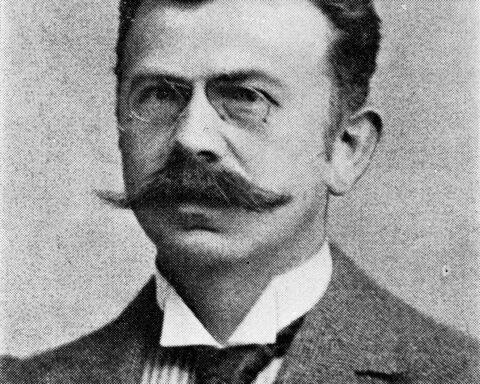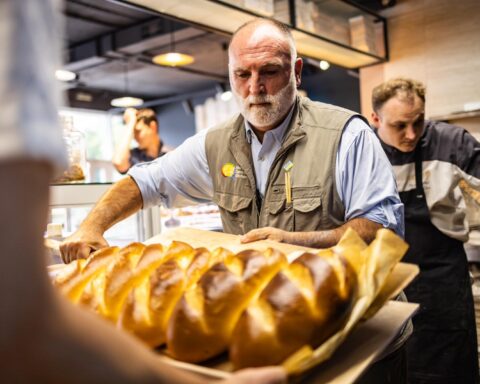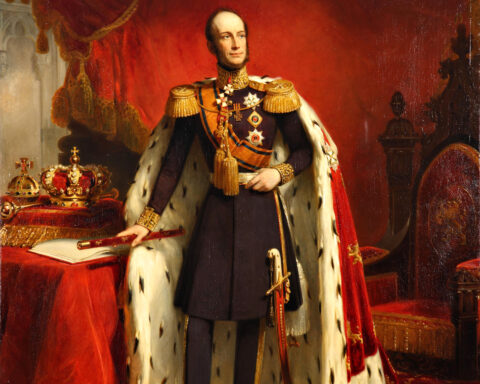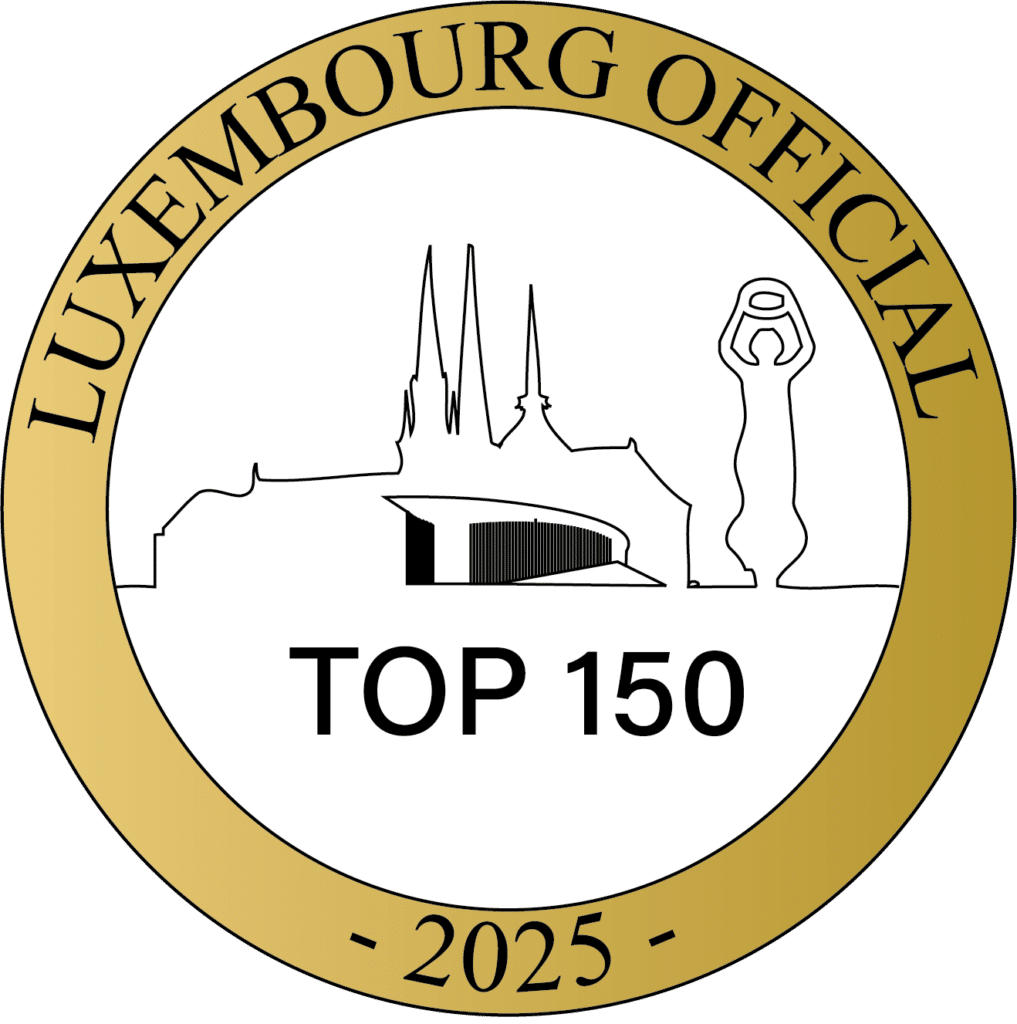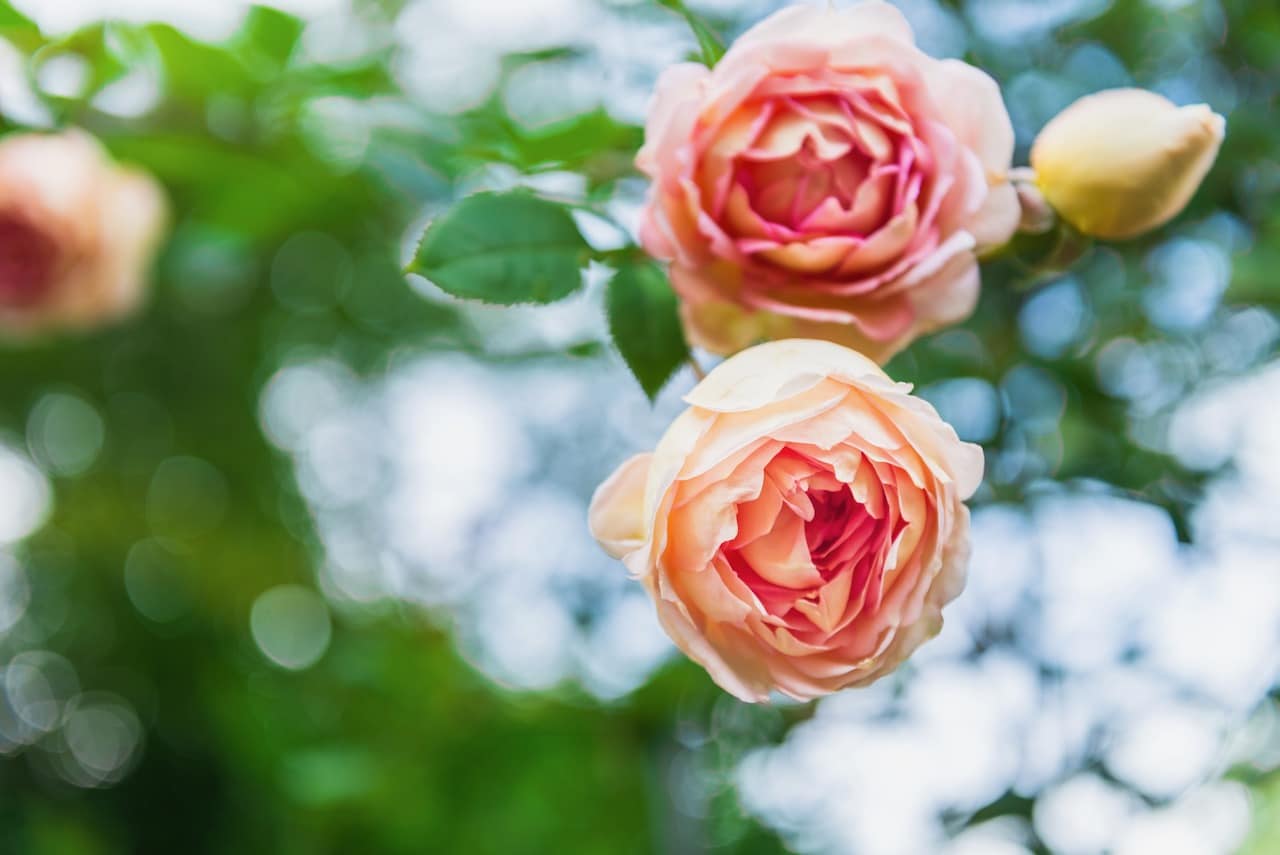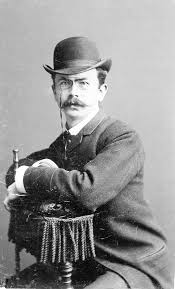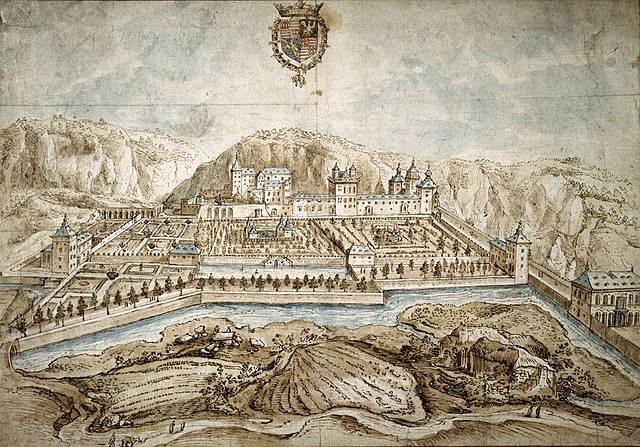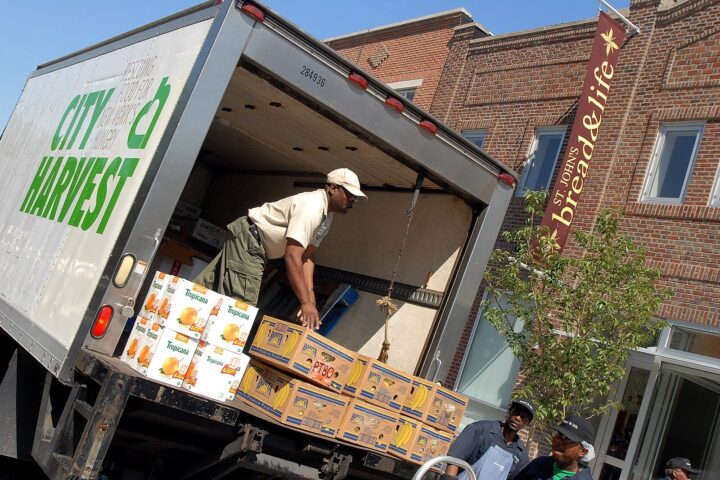Luxembourg was once a leading center for rose cultivation, earning international recognition for its exceptional varieties. The country’s rose industry flourished in the late 19th and early 20th centuries before facing decline. Today, efforts continue to preserve its rich floral heritage.
Luxembourg’s Flourishing Rose Industry
In the late 19th and early 20th centuries, Luxembourg earned the moniker “Land of Roses” due to its thriving rose cultivation industry. This flourishing sector was primarily centered in the Limpertsberg district, where, in 1855, gardeners Jean Soupert and Pierre Notting established the renowned nursery Soupert & Notting. Their exceptional rose varieties garnered international acclaim, paving the way for other breeders, such as the Ketten brothers and Charles Gemen, to establish their own enterprises in the area. By the early 1900s, Luxembourg had become a hub for rose breeding, with over 260 new rose varieties developed within its borders. The country’s roses were exported worldwide, with up to ten million plants leaving Luxembourg annually to adorn prestigious gardens, including those of royalty and heads of state.
The Decline of Luxembourg’s Rose Industry
The onset of World War I marked the beginning of a decline for Luxembourg’s rose industry. The war disrupted trade routes and imposed economic hardships, leading to a significant reduction in demand for luxury items like roses. Additionally, the post-war economic recession and the phylloxera crisis in the 1920s, which devastated vineyards and rose gardens across Europe, further weakened the industry. The outbreak of World War II dealt the final blow, bringing an end to the golden age of rose cultivation in Luxembourg.
“By 1900, the roses grown in Luxembourg were exported all over the world, up to ten million plants each year.”
Preserving Luxembourg’s Rose Legacy
Despite the industry’s decline, Luxembourg’s rich rose-growing heritage has been preserved and revitalized through various initiatives. In 1980, the association Lëtzebuerger Rousefrënn was established to promote rose cultivation and appreciation. One of their notable projects is the development of a rose garden at Munsbach Castle, accessible to the public year-round. Additionally, the Patrimoine Roses pour le Luxembourg association offers training sessions, organizes tours of rose gardens, and engages in efforts to raise awareness about the country’s rose-growing history among younger generations. These initiatives ensure that Luxembourg’s legacy as the “Land of Roses” continues to bloom in the hearts and gardens of its people.





